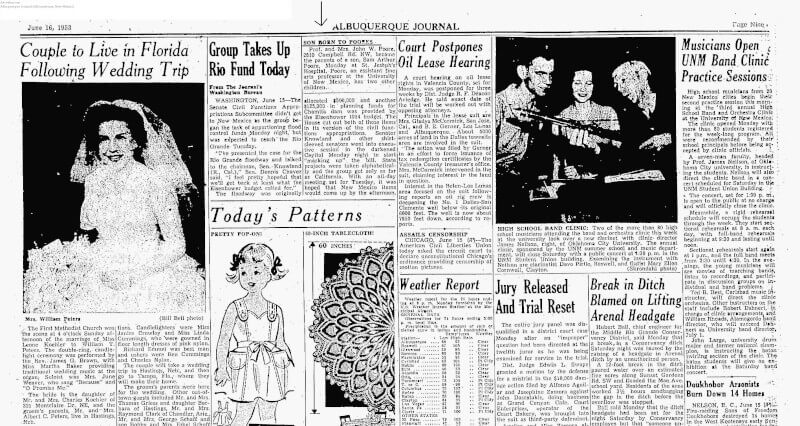As much as we all love breathing, we all owe life a death, an inevitable death which at times comes without warning. Many people prepare a will in anticipation of their death, so that there won’t be any conflict between the heirs.
Some people register themselves as sole owners of real estate assets. A probate is required before the properties of such people is transferred to their beneficiaries. The probate process involves gathering the deceased persons assets, settling debts and taxes they owed after which what’s left is distributed to their beneficiaries.
So how much does it cost?
The cost of filling for probate usually vary depending on the value of the estate. For instance, in the UK the fee charged for assets valued at more than £5000 is £215. Otherwise, an estate whose value is lower than £5000 won’t be charged any fees. On the other hand, In California, only properties whose value exceed $150,000 incur probate costs. The cost of filling a petition in California is $435. You’ll also have to fork out another $435 for the distribution of the estates between the beneficiaries. On average, the costs for the probate probate process can be as high as 10 percent of the estate’s value.
Why is the probate expensive?
Apart from the probate process being daunting and taking too much of your time, you’ll have to part away with a substantial portion of the estate in question in probate costs. Here is a look at some the costs incurred during this process:
- Court fees: Probate court requires that you pay a statutory fee to file the documents required for the probate process. The amount charged by the court is usually determined by state statutes. As such the fee you’ll pay will depend on where you reside the value of the estate in question.
- Attorney wages: In most cases the attorney’s fees take is the most exorbitant in the expenses ranking. Attorney’s fees are usually dependent on the individual attorneys wage rate, the complexity of the task at hand, and the estate’s valuation. Some attorney charge their services on a per hour basis while others will quote their wages as percentage of the gross estates worth. A lawyers wage rate can be heightened by factors such as ownership wrangles amongst the inheritors.
- Executor fees: Most people include the stipend that should be paid to executors in the wills content. Nonetheless, suppose the figure was not quoted in the will, the states laws will determine the compensation awarded to the executor. This figure usually ranges between 3 to 4 percent of the estate value. The executors are usually paid after their administration of the will.
- Appraisal fee: There may be need to determine the worth of properties like artwork, jewelry, real estates, vehicles, and so on. You may have to part away with hundreds or even thousands of dollars in appraisal fees.
- Bond expenses: It is a requirement by most jurisdictions that a bond be posted by an executor before their appointment as personal representatives to the estate. This prerequisite is meant to protect the beneficiary fraudulent acts. The executor is reimbursed at the end of the probate proceedings.
- Accounting expenses: Accountants are needed to perform services like filing of income tax and estate tax returns, taking care of tax issues pertaining to the sale of property among other services. Accountants typically charge their fee depending on the complexity of the task and the value of the deceased persons estates.
Some other costs that you may incur include taxes, insurance, payment of debts owed to creditors, and other miscellaneous expense such as payment for the transfer of ownership of assets like vehicles.
You can cut down on the costs incurred by your beneficiaries during probate by limiting the number of assets that go through the process during your estate planning process. Better still you can avoid the whole process.
How to avoid probate
Creation of a revocable living trust: Unlike in a probate court proceedings, a trust enables you to revoke or change the trust whenever you deem appropriate. Upon your death, your appointed beneficiary resumes its ownership.
Use-on- transfer-on-death accounts: You can create these accounts with you bank of choosing. The contents of the accounts will be transferred to the person(s) you named when you die.
Owning property jointly: Owning a property a property jointly gives your partner ownership rights. As such, the law bars your property from being subject to these procedure.
Distribute your property in form of gifts before you die. As such you’ll be removing assets from your personal estate thereby avoiding probate as well as taxes given that gifts are tax free.
The transfer of ownership can be very expensive. Avoid the court route by ensuring that your property are well accounted for such that your beneficiary incur little on no costs when you die.







